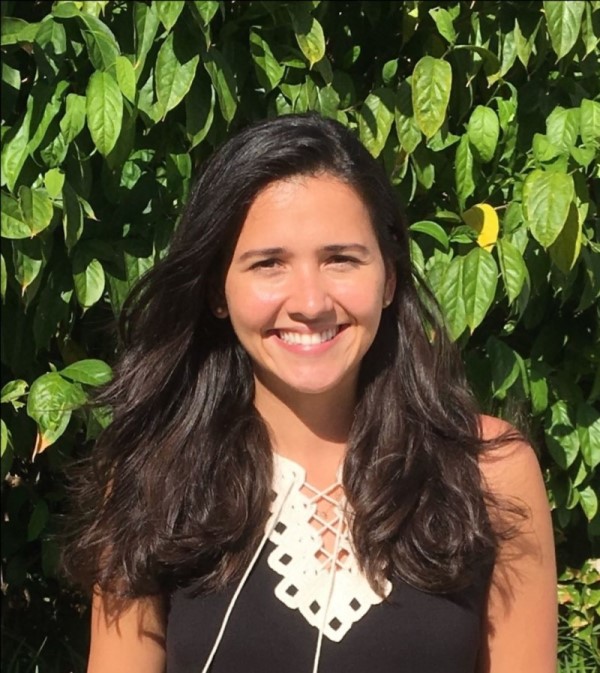
We're happy to share the news that Maite Morales, a Ph.D. candidate in history, has successfully defended her dissertation on "The Cuban Revolution's Emotive Regime: A Decade to Remember, 1968–1978." Maite's thesis committee was composed of Drs. Rebecca Friedman and Bianca Premo (co-chairs), Mike Bustamante (all from the History Department), and Jorge Duany (CRI).
While emotions were central for the victory of the 1959 Cuban Revolution, a decade later, feelings became an obstacle for the consolidation of the revolutionary government. During the second decade, growing disillusionment and dissatisfaction challenged the state's emotive regime. Within the first five years, Cubans engaged in one of the largest mass mobilization projects in the nation's history but failed to produce a ten-million-ton sugar harvest in 1970. The revolutionary government reacted to the failure in various ways, but all dealt with emotions: from a major carnival revival in 1970 to the establishment of new tactics to satisfy consumer demand.
To understand the Revolution's second decade, Maite's dissertation identifies the Revolution as an emotional regime, and officials and mass organizations as emotional managers. It also acknowledges that emotional communities coexisted with the emotive regime. The dissertation exposes some ways in which these communities legitimized and challenged the state's increasing control of the population. The project examines organization records, official reports, and the press. It finds that the failure of the 1970 sugar harvest signaled a shift in the emotive regime and the tactics employed by officials to retain control and deter negative sentiments. On one hand, the state sought immediate and long-term solutions to quell unwanted, negative emotions, while, on the other, ordinary people adapted the emotive ethos of the state to express their frustration.
This dissertation highlights how an analysis of emotive regimes allows scholars to explore the contours of everyday life in ways that will open possibilities for future scholarship. It also proposes a new periodization of the Cuban Revolution, identifying the emotions that often precede and remain beyond major historical events.
Maite Morales is a Ph.D. candidate in history at Florida International University. She earned her M.A. in History and her B.A. in English and History at FIU. She has received several academic fellowships to support her work on Cuban history, including the Tinker Field Research Travel Grant, the Eliana Rivero Research Scholarship, and a travel grant from the George S. Smathers Libraries at the University of Florida. She is currently the Senior Program Coordinator at FIU's CasaCuba.